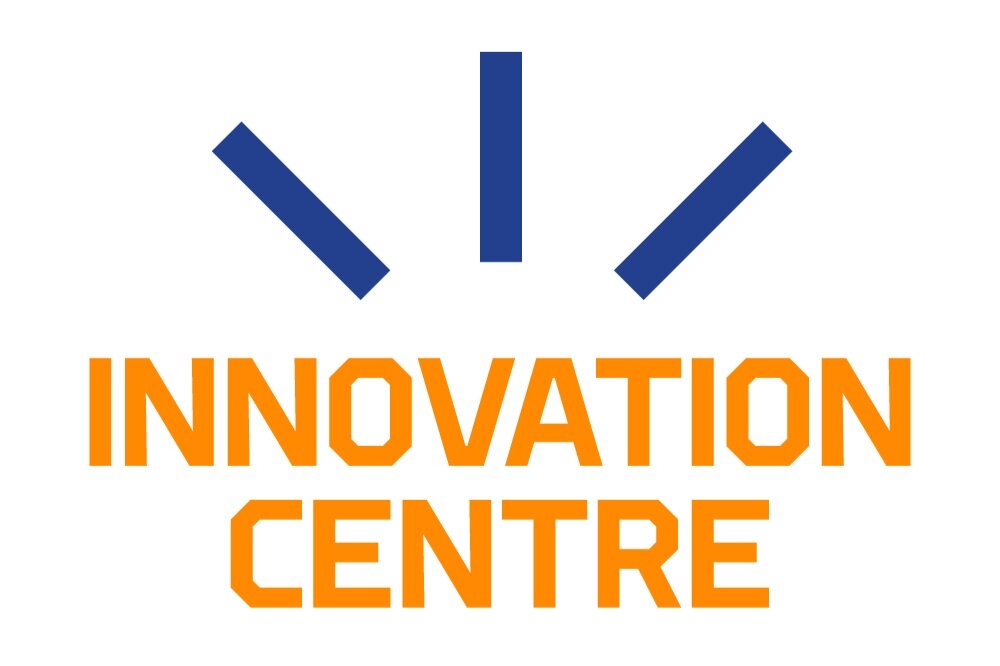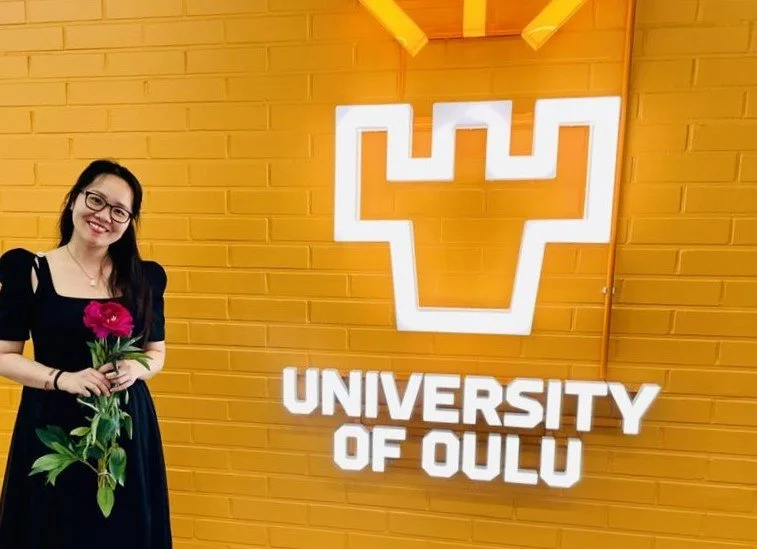Kidbond – Journey to digital well-being for families
Tam Le Hong and her team developed Kidbond – a research-based ecosystem designed to help families thrive in the digital age.
When Tam Le Hong moved from Vietnam to Oulu to study in the Master’s Programme in Learning Education. Her path seemed clear: dive into the science of learning and continue as a researcher. She had worked in several education technology startups and as a research assistant in AI literacy projects, but she imagined leaving the startup world behind.
Life as a mother, however, raised questions she could not ignore. How can parents guide their children to a healthy balance between screens and real life? How can we talk about digital safety, self-control, and both opportunities and risks of artificial intelligence in a way children truly understand, while adults are also still figuring it out?
“I wanted to study the science behind learning”, Tam says. “At the same time, I found myself struggling with the very same issues as many parents: how much screen time is enough, how to set rules, and how to prepare kids for the AI integrated era. My roles as a mother and an educator came together – and that became the spark for Kidbond.”
From idea to family-ready solution
Kidbond is more than just an app. It’s a research-based ecosystem designed to help families thrive in the digital age. It’s like a child’s first guide before they embark on their journey into the online world. The solution combines:
an AI-powered mobile app that helps children build self-regulation skills step by step,
a Digital Well-being Starter Box and board game that turn digital literacy into a family activity,
and a GPT-based parenting coach that offers personalized guidance to parents in everyday digital challenges.
Together, these tools empower children to develop healthy habits and give parents a trusted companion in navigating their child’s digital journey.
Prototyping with purpose
During the Proof of Concept phase, Tam and her small team brought the idea to life. They designed and tested a board game prototype with about 30 players, built two versions of the GPT parenting coach, and created several mobile app prototypes. An online micro-learning course for digital parenting is also in development.
“Sometimes it was tough to develop the project while studying and working at the same time”, Tam admits. “But the startup community in Oulu has been incredibly supportive. Feedback from others helped us move forward quickly. From OuluES I learned resilience and confidence, and mentors – like Ville from the Innovation Centre – taught me how to make the most of limited resources.”
Tam’s diverse background in learning sciences, digital pedagogy, and user experience design is reflected in every part of Kidbond. The solution is playful yet grounded in learning science and positive persuasive system design research. It’s technological yet human-centered.
What’s next
The next milestone will be a pilot with 30 families and testing the updated prototype with real families. At the same time, Tam is preparing a research paper on the board game and mobile app and has received some funding and collaboration to pilot the app in the Vietnamese market. Looking further ahead, Kidbond may evolve into a startup or a Research to Business project, building on the strong foundation laid during the Proof of Concept stage.
Why Kidbond matters
In family life today, it’s not just about limiting minutes on a device – it’s about building skills: self-regulation, safety, media literacy, and even AI literacy. Kidbond makes these skills tangible for children, turns them into shared experiences for families, and gives parents a coach they can rely on.
Learn more: www.kidbond.org
How the Innovation Centre supports new ideas
Tam’s journey was made possible with the support of the University of Oulu Innovation Centre. Students and researchers can apply for Proof of Concept (PoC) funding, which helps turn early ideas with commercial potential into their first real implementation. The purpose is to demonstrate that the idea works in practice and can later grow into a startup or be licensed to an existing company.
Any degree student at the University of Oulu can apply as long as the applicant does not already own a company. The funding, up to €5,000 per proposal for students, is offered to give students and researchers a fair chance to explore business opportunities and bring their ideas to life.
If you want to know more about PoC funding, contact us:
Students:
Ville Saarenpää
ville.saarenpaa(at)oulu.fi
Researchers:
Markku Känsäkoski
markku.känsäkoski(at)oulu.fi
Janne Haverinen
janne.haverinen(at)oulu.fi


